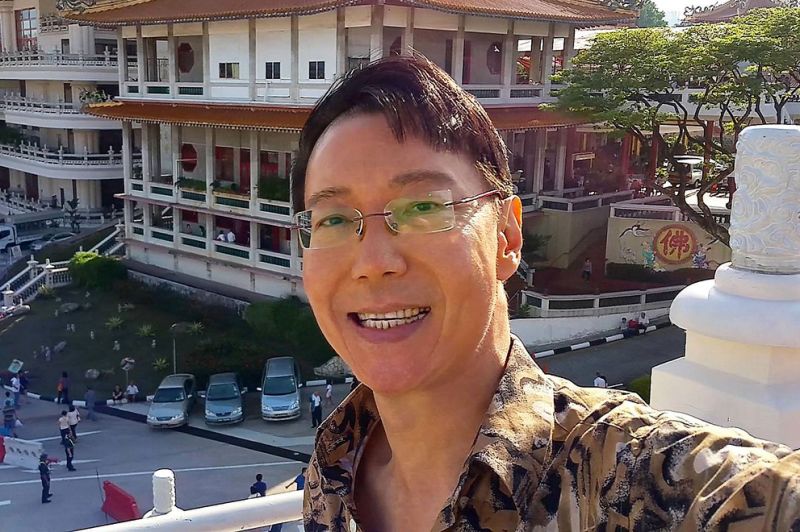A Singaporean gay rights activist said Wednesday he has filed a legal challenge against a law banning sex between men, the third recent bid to overturn the legislation.
The law — known as “Section 377A” of the penal code — was inherited from the British colonial era but is rarely enforced in Singapore.
Campaigners in the city-state have renewed efforts to do away with it since India’s Supreme Court last year decriminalized gay sex by overturning a statute from its own period under British rule.
The latest court challenge was filed by Roy Tan, a 61-year-old retired medical doctor, who argues the law is unconstitutional.
“I am eager to see this archaic law, which has no place in modern society, struck down,” Tan said in a statement.
He argued the law can lead to gay people feeling socially isolated, depressed and suicidal, and fuels negative media representation of the LGBT community.
“By institutionalizing discrimination, it alienates them from having a sense of belonging and purposeful place in our society, and prevents them from taking pride in Singapore’s achievements,” he said.
The challenge would seek to prove that the Court of Appeal made a mistake in 2014 when it ruled that Section 377A was constitutional, according to Tan.
When it dismissed that challenge, the appeals court said it was up to parliament to repeal the law.
Tan’s case was filed in the High Court last week and his lawyer, M. Ravi, had represented one of the complainants in the failed appeal in 2014.
After the Indian decision, a challenge against the law was lodged by Singaporean DJ Johnson Ong — known as DJ Big Kid — in September.
Another was filed in November by Bryan Choong, an LGBT rights advocate.
While affluent Singapore boasts a modern and vibrant culture, official attitudes towards being gay remain conservative, although support for same-sex rights is growing.




